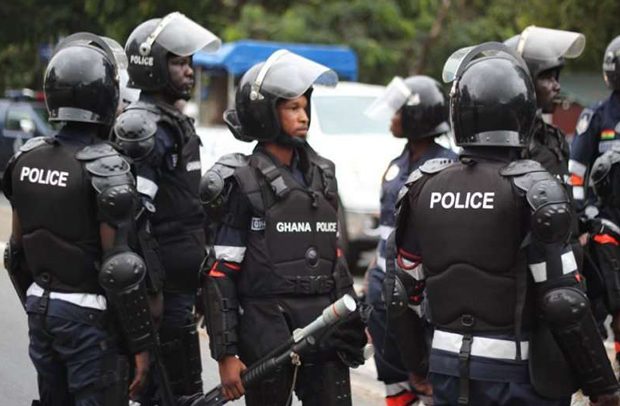Successive police chiefs have nursed and even implemented ideas on how to change the conduct of the cop on patrol, snap check, traffic or barrier duties, including those on desk assignments.
These officers represent the face of the police institution more than the IGP and other superior officers.
Some of these ideas have come in varying garbs from transformational projects to hotlines for unsatisfied members of the public to report police misconduct.
So far, none of them has spawned the transformation about which so much has been said.
The latest for which hotlines were lavishly carried in some media outlets recently sounds achievable, especially when Ghanaians support it. Being a novelty it is a departure from the previous efforts because of the ability of members of the public to report instances of unprofessionalism without being seen or even going through the inconvenience of sitting at a designated office as in the case of the Police Intelligence & Professional Standards (PIPS) Unit awaiting attention. The success of the attitudinal re-engineering which the IGP is looking forward to would depend largely on the cops who are put on this schedule to manage.
It would be important to find out why the PIPS initiative has not largely achieved its objectives. Many Ghanaians do not know that they can go PIPS to report cop misconduct; the lack of public education, bureaucracy and slowness of action have not inured to the success of the PIPS intervention.
The shortcomings of PIPS should serve as guidelines for the IGP to fashion out something workable using the hotline system and periodic inspection by senior officers as basis.
The failure of previous interventions to change the negative narrative about the police should not be reason not to continue exploring other remedial actions. That is why we think that all should put their hands on deck to ensure that bad cops are exposed and the image of the law enforcement agency restored to its pre-colonial period and the few years after independence.
While we welcome this new arrangement, we would like to add that the IGP institute measures to monitor and evaluate the novelty. Without such periodic evaluation, we would be wasting our time as we did with previous initiatives.
The IGP must be encouraged to enforce the new measures, one of which is the deployment of senior officers to lead patrols and other out-of-office duties.
In an earlier commentary, we pointed out that this arrangement would not be feasible because of the limited number of superior police officers available for such duties.
The image of the police is very important if we want to have cops command the respect needed for them to live up to expectation.
We cannot live in a police-less society and so it behooves us to join the IGP to rid the institution of the bad nuts by ensuring that the hotline and related initiatives work.


